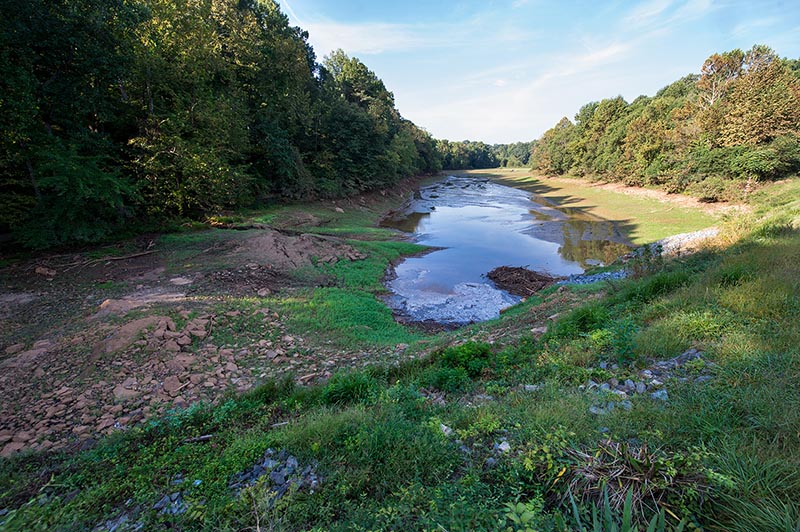The University of Lynchburg has joined colleges and universities from across the U.S. in asking the Biden administration to increase the country’s commitment to carbon neutrality.
In a letter dated April 8, the Boston-based organization Second Nature called on the White House to “adopt a target of at least 50% reduction in carbon emissions by 2030.” The letter was signed by 75 U.S. colleges and universities, including Lynchburg, which was the first institution of higher education in Virginia to achieve carbon neutrality.
“When President Alison Morrison-Shetlar signed the Presidents Climate Commitment in February, we were invited to participate in the Climate Action Pursuit, which is basically a new approach to what used to be Second Nature’s in-person, annual conference every January,” Dr. Laura Henry-Stone, Lynchburg’s director of sustainability, said.
On the president’s behalf, Henry-Stone and Polly Flint, a member of the University’s board of trustees, attended a kickoff event for the Climate Action Pursuit in February. They will attend another event in June.
“Institutions of higher education are at the forefront of climate action, and University of Lynchburg is rapidly becoming a leader in this field,” Henry-Stone said. “It is our responsibility to take climate action for the benefit of our students, both to help secure a livable future and to teach them how to be responsible climate stewards.”

Signing the letter and participating in the Climate Action Pursuit are two ways the University is celebrating what it’s calling “Earth Month.” Over the next couple of weeks, art students will renovate a labyrinth located near College Lake, the Outdoor Leadership Program will lead cleanup efforts at the lake, Henry-Stone will lead a panel discussion about urban heat mapping, and there will be weekly nature walks.
“Our guided hikes take students around College Lake and identify plant and bird species along the way,” said Lindsey Van Zile ’17, graduate assistant for campus sustainability. “Students can submit their identifications using the iNaturalist app to an ongoing citizen science project of creating a database of species in the College Lake ecosystem.”
Also, this year Earth Day — April 22 — falls on the same day as GiveDay, the University’s annual fundraiser. In honor of Earth Day, donors may aim gifts at the Sustainability Fund. “Supporters of the University can now make a gift toward the Sustainability Fund to benefit environmental sustainability projects in the future,” Van Zile said.
“Through [this fund], you will directly help projects such as upgrading recycling bins to make recycling more accessible to students and visitors, renovating the University’s community garden, creating outdoor classroom spaces, and supporting sustainability education and research.”

